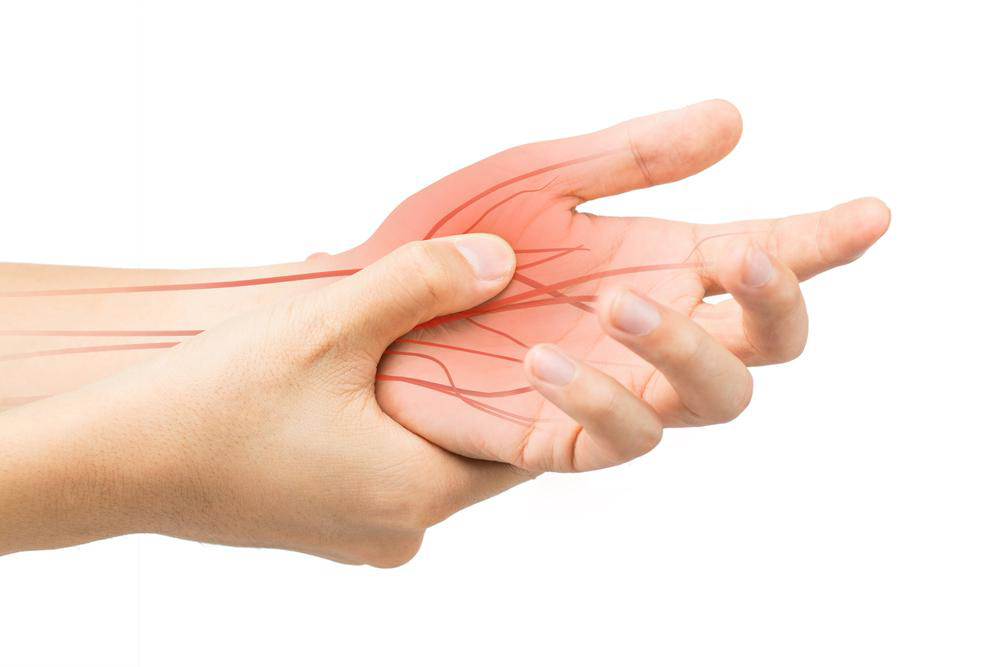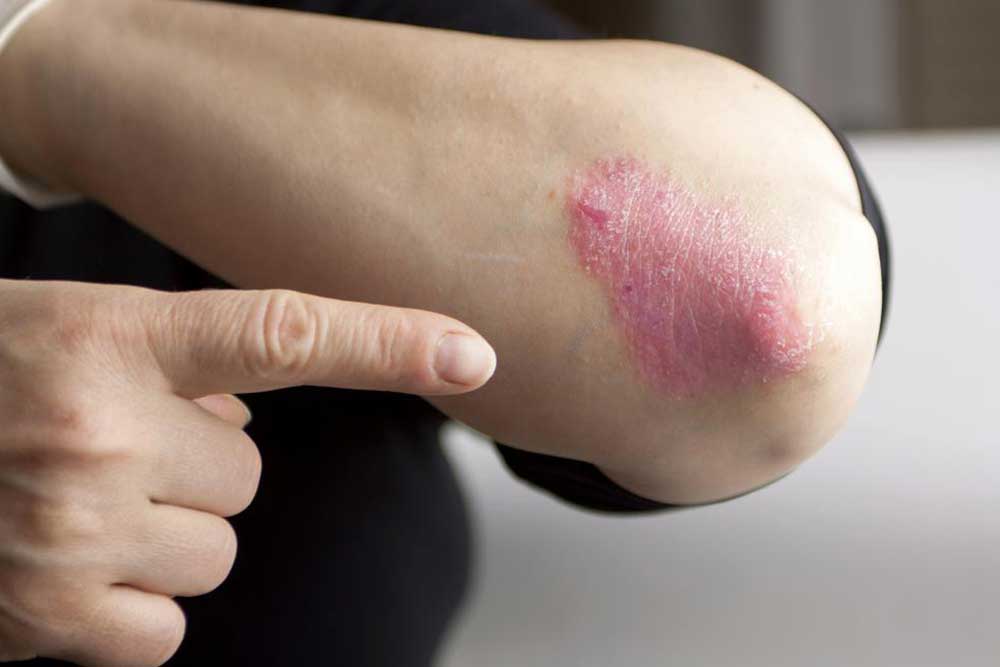Comprehensive Natural Strategies for Alleviating Nerve Pain and Discomfort
This article explores comprehensive natural methods and lifestyle strategies to effectively alleviate nerve pain. From exercising and dietary management to topical remedies and mind-body techniques, it offers practical solutions for those seeking non-invasive relief options. Learn how to activate your body's healing processes at home while complementing professional treatments for sustained nerve health and comfort.

Holistic Natural Methods to Soothe and Manage Nerve Discomfort
In recent years, as global health awareness increases, many individuals seek effective natural solutions to manage nerve pain alongside conventional medical treatments. Conditions such as neuralgia, back pain, skin issues, and nerve-related discomfort often require a multifaceted approach, combining professional interventions with home-based remedies. Understanding how to naturally alleviate nerve discomfort has become a priority for many looking for safe, accessible, and non-invasive options to improve their quality of life.
Delving Into the Causes Behind Nerve Pain
Nerve pain, also known as neuralgia, can stem from various factors, including nerve damage, chronic illnesses like diabetes, injuries, or exposure to certain toxins. Elevated blood sugar levels, particularly in individuals with diabetes, frequently contribute to peripheral nerve damage, resulting in sensations of burning, tingling, or shooting pain. Chemotherapy and certain medications can also cause nerve inflammation or damage as side effects, complicating treatment processes. Despite significant research efforts, the precise mechanisms triggering persistent nerve misfiring remain somewhat elusive, and some cases prove resistant to standard therapies, prompting the growing interest in supplementary natural remedies.
Natural remedies, when correctly applied, can activate the body's innate pain relief systems. They serve as valuable adjuncts, especially when conventional medicine provides limited relief or causes undesirable side effects. Implementing these strategies at home can significantly improve comfort, reduce reliance on medications, and support nerve regeneration over time.
Effective Home-Based Techniques for Managing Nerve pain
Engage in consistent physical activity such as walking, swimming, or gentle stretching exercises, which stimulate the release of endorphins — the body's natural painkillers. Exercise enhances blood circulation, promoting oxygen and nutrient delivery to damaged nerves, facilitating healing.
Maintain optimal blood sugar control by reducing intake of sugary foods and drinks. Proper management of blood glucose levels can halt or slow nerve deterioration, preventing further damage.
Prioritize foot care for those experiencing nerve pain in the lower limbs. Wearing supportive, comfortable footwear and seeking advice from a podiatrist can reduce discomfort. Incorporating specific foot exercises may also promote nerve health and reduce numbness or tingling sensations.
Limit alcohol consumption, as excessive intake introduces toxins that can exacerbate nerve damage and impede nerve regeneration.
Take warm baths, which help improve local blood flow and soothe irritated nerves, especially beneficial for leg or back discomfort.
Apply topical capsaicin creams, derived from chili peppers. Although initial application may cause a burning sensation, consistent use over several weeks can desensitize nerve endings and promote nerve repair.
Use botanical essential oils such as lavender or geranium, known for their anti-inflammatory and analgesic properties. Gently massaging these oils into affected areas can reduce discomfort and promote relaxation of tense nerves.
Incorporate mind-body practices like yoga, meditation, and biofeedback techniques. These methods help manage pain perception, reduce stress levels, and improve overall mental well-being, which directly influences pain intensity.
Consult healthcare professionals for prescription options like lidocaine gels or patches, which numb the nerves temporarily and significantly reduce pain sensations.
Prioritize healthy sleep habits by aiming for around 7-8 hours of restful sleep each night. Good sleep supports tissue repair, reduces inflammation, and helps in managing chronic pain. Avoid stimulants like caffeine before bedtime and establish a calming pre-sleep routine.
By integrating these natural strategies with professional medical guidance, individuals suffering from nerve discomfort can achieve more effective, long-lasting relief. The combination of lifestyle modifications, home remedies, and medical treatments creates a comprehensive approach to managing nerve pain holistically and sustainably.





